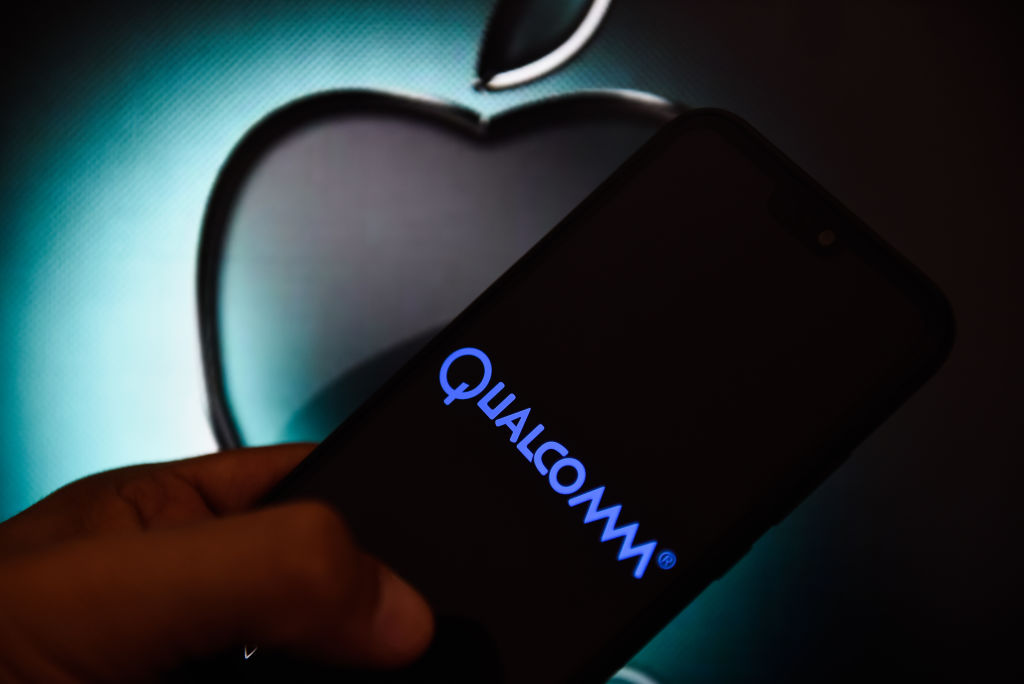Apple might have paid California-based chipmaker Qualcomm around $5 billion to $6 billion for an agreement to dismiss all ongoing lawsuits, including with Apple’s contract manufacturers. As per a CNBC report on Thursday, citing an estimate from financial services firm UBS, Apple may have agreed to pay $8 to $9 in patent royalty per iPhone.
“The UBS estimate suggests that Apple paid a high price to end a bitter legal battle that spanned multiple continents and threatened Apple’s ability to release a 5G iPhone,” the report noted. Apple and Qualcomm declined to detail the deal between the two companies. Having resolved the issue with Qualcomm, Apple would fall in line with other smartphone manufacturers to produce iPhones with 5G support. “The settlement includes a payment from Apple to Qualcomm. The companies also have reached a six-year license agreement, effective as of April 1, 2019, including a two-year option to extend, and a multi-year chipset supply agreement,” said the Cupertino-based iPhone maker.
Apple agreed to resolve the debacle with Qualcomm as Intel announced that it won’t be able to produce 5G modems for iPhones and decided instead to complete an assessment of the opportunities for 4G and 5G modems in PCs, Internet of Things devices and other data-centric devices.
“It’s likely Intel’s decision prompted Apple and Qualcomm’s decision to settle — which came as quite a surprise since it happened just as lawyers were presenting opening arguments at the latest courtroom trial,” The Verge reported.
Presumably, at least one party was not keen on seeing through the end of the legal battle. Qualcomm has registered some victories over the course of two years and so has Apple, but neither party seems too eager to reveal their inner workings in the courtroom. if Qualcomm was to win the patent royalty case, Apple could have had to ban current iPhones from the market, even if they don’t use Qualcomm chips. Qualcomm, on the other hand, is mostly concerned about antitrust actions that could lead the company to reduce the prices on its chips.
ALSO READ:
- Asus Zenfone Max M1, Zenfone Lite L1 get a price cut, now start at ₹6,999 and ₹4,999 respectively
- 2019 iPhones could come with upgraded selfie camera
- Samsung Galaxy S10’s camera to get dedicated low-light camera mode

